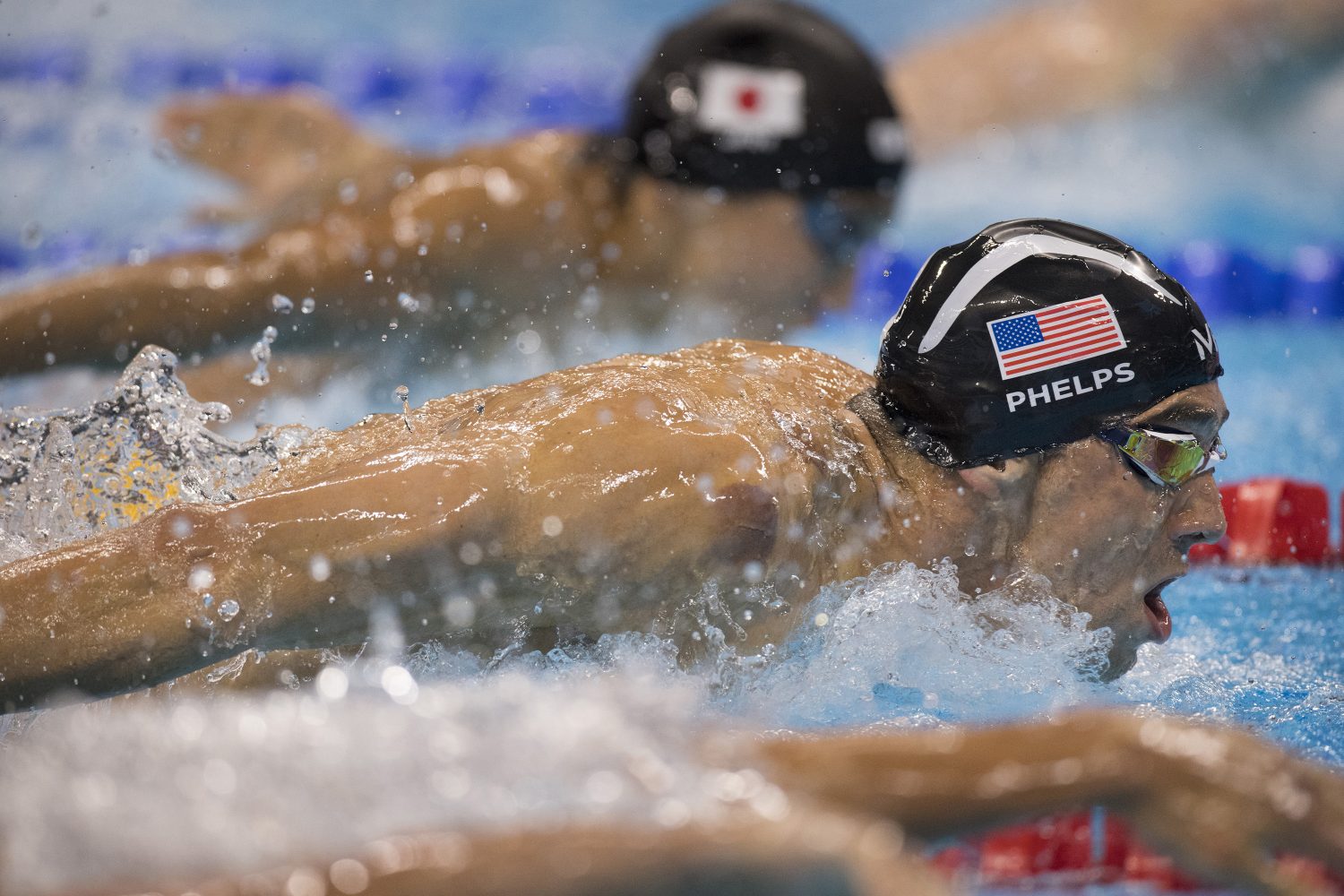Teens these days are less likely to be watching the Olympics. The Olympics are a worldwide event where the best of the best athletes from more than two hundred countries compete for the gold. This worldwide event occurs every four years in various locations. This year’s location is in Rio de Janeiro, Brazil. Although this event is meant to bring countries together, most teens are simply not interested.
Statistics have shown that only 46 percent of teens showed any interest in watching the Olympics at all. Part of the reason this is happening is because the Olympics are not convenient for them.
Instead of watching the Olympics from beginning to end, young adults choose to watch a two minute video of the action online instead. Watching the Olympics live means you also have to watch the commercials, the openings before the event, and the interruptions in between. Teens choose the alternative: to either not watch at all, or to watch shorter clips of some of the highlights of these events. It is due to social media that teens don’t find the patience to watch the Olympics anymore.
As well as not being convenient for young adults, many of the sports that are in the Olympics have never been heard of and therefore are unknown by many people. Some of these sports include judo, equestrian, handball, rugby, trampoline, or modern pentathlon.
The growing trend for youth is to spend an increasing number of time online as they get older, and this has caused less and less interest in the Olympic Games over the years.
“The Olympic Games don’t hold the appeal that they once did four years ago. Teenagers don’t feel the need to watch the Olympic Games for hours on end when they can access the results via Google, Facebook, etc. in a matter of seconds. It’s simply more convenient,” sophomore Angel Thomas said.
Controversy about social media and the Olympics have led to a differentiation in opinions between teens about how watching the Olympics live is more authentic than on social media.
“I think, at least for me, the build-up of excitement and just knowing it’s live makes the whole experience more surreal when you see your favorite athletes compete,” sophomore Jack Shimabukuro said.
Some students simply don’t have time to watch the Olympic Games anymore. Growing up means you have other obligations to attend to, and other commitments that take priority over the Olympics, which can go on for hours on end.
“I don’t watch the Olympics because I am too busy with school and the sports after school. After I finally get home after practice, I have to do homework, eat and sleep. At the end of the day, there just isn’t enough time to watch,” sophomore Lizzie Bechtle said.
Having sports that are not known and therefore do not interest teens means they are much less likely to watch these events and learn how they are played.
If this trend of neglect towards the Olympics continues, the number of teen viewers will only continue to decrease. Standing opinions of the Olympics made by teens will make the Olympic Games irrelevant to others of their generation.
Photo Credits via MCT Campus
U.S. swimmer Michael Phelps powers his way to a first-place finish in semifinal competition for the 200 meter Individual Medley Relay at the Olympic Aquatics Stadium in Rio de Janeiro, Brazil, on Wednesday, Aug. 10, 2016. (Mark Reis/Colorado Springs Gazette/TNS)


